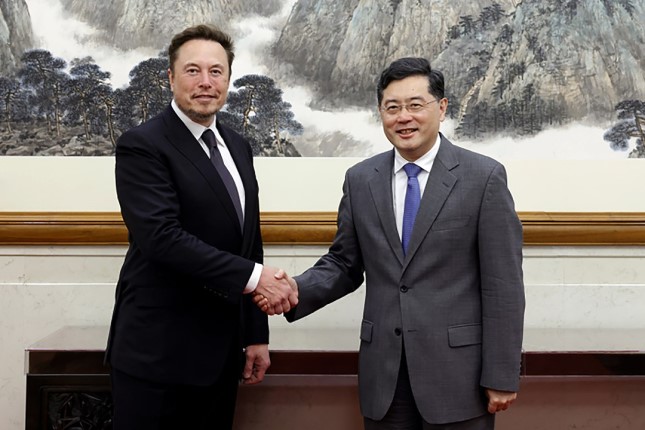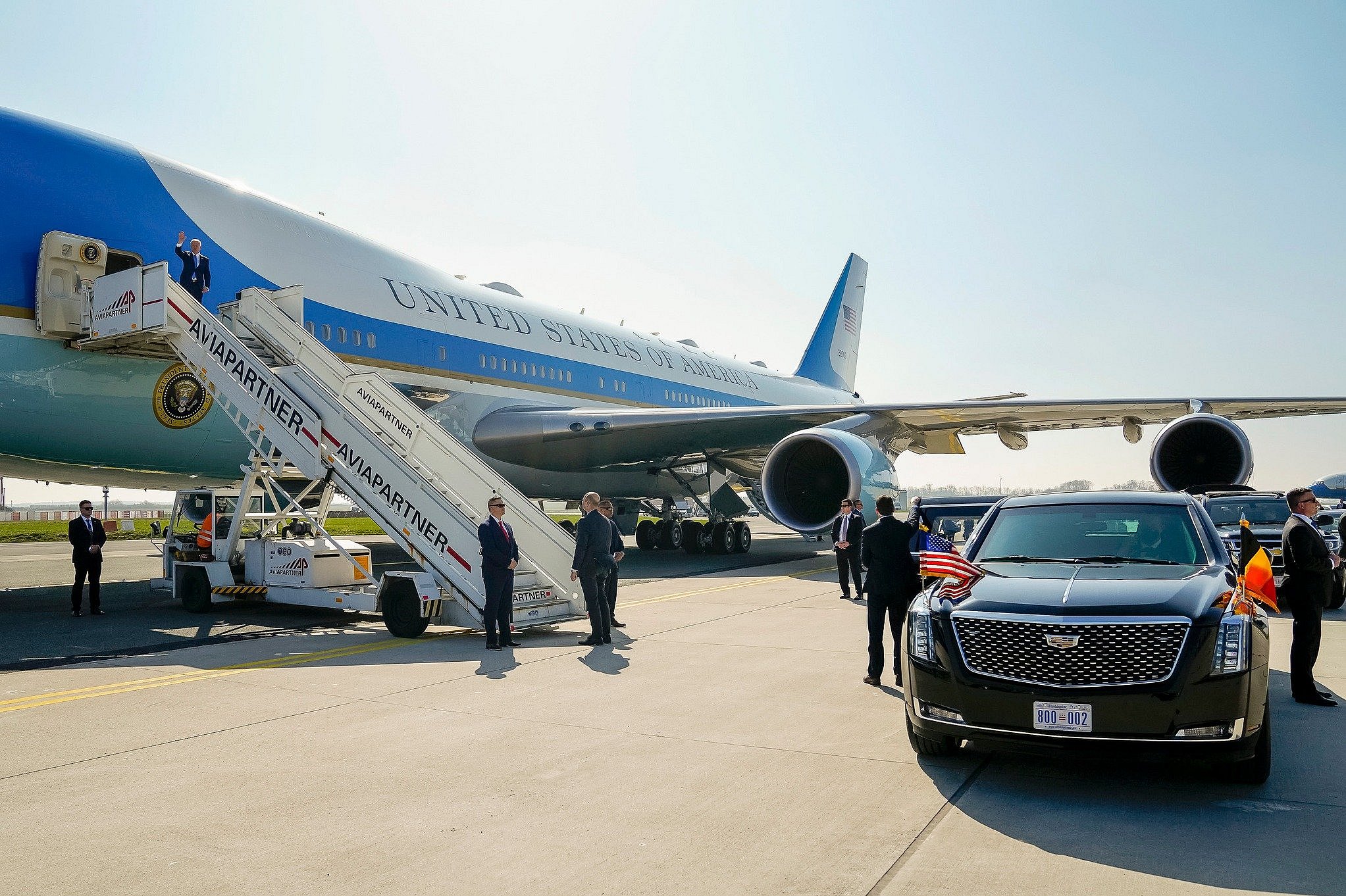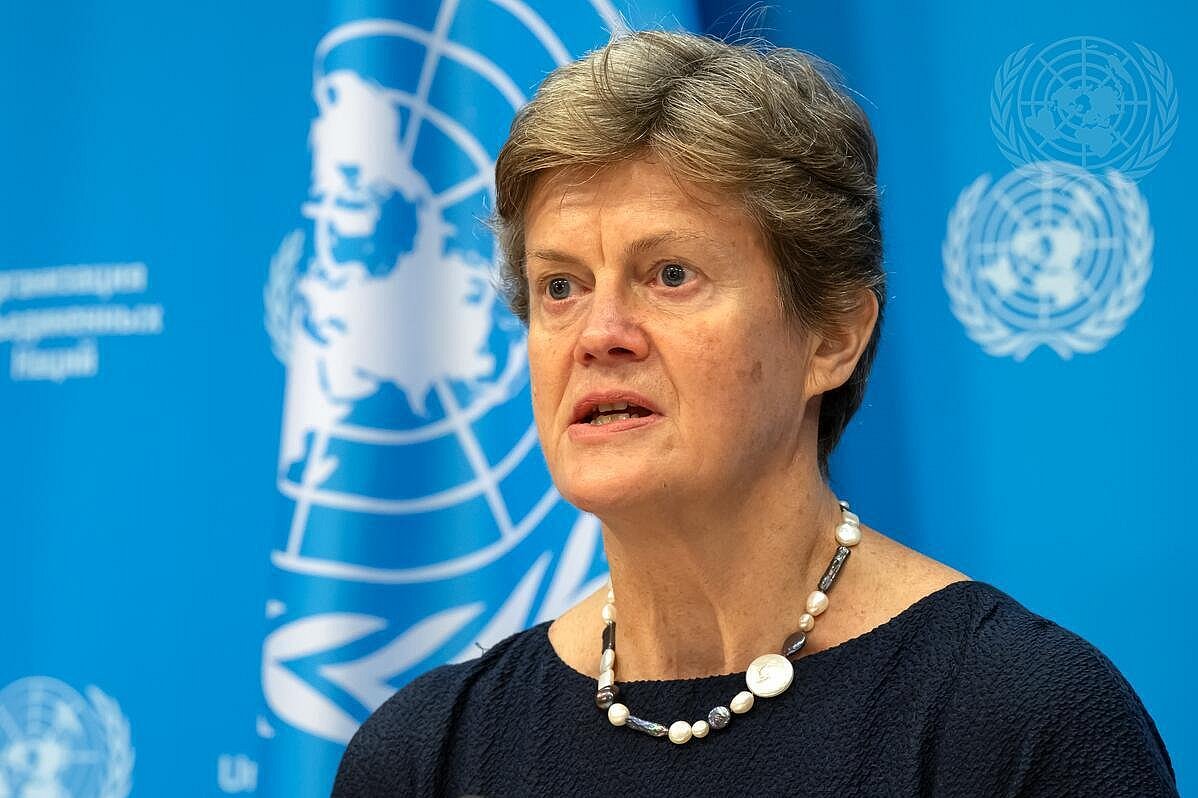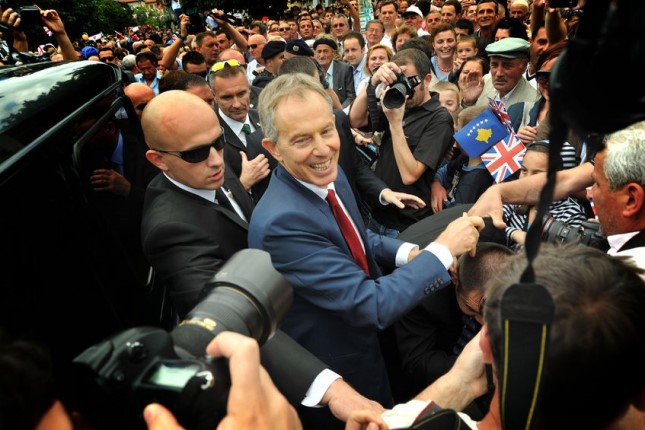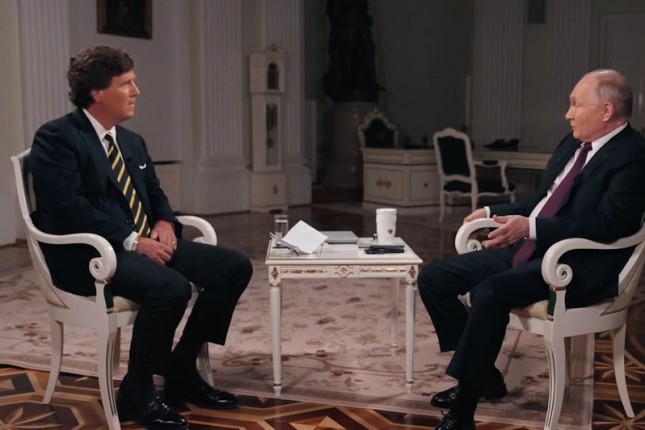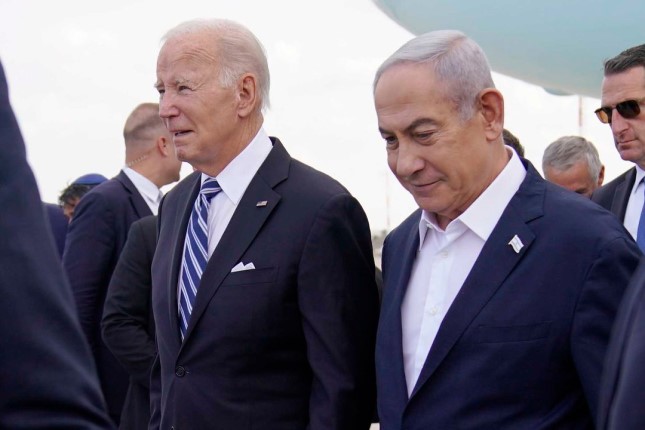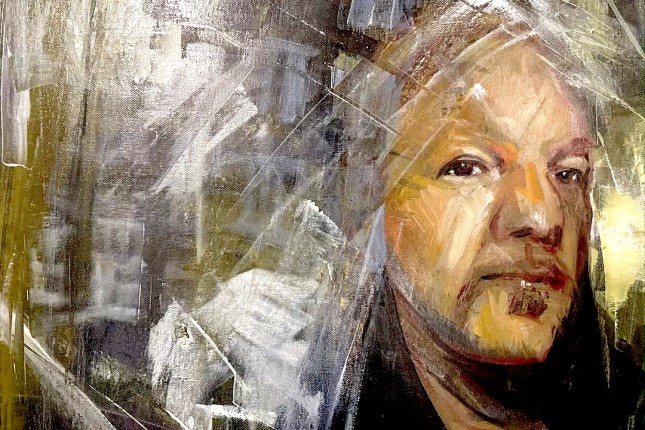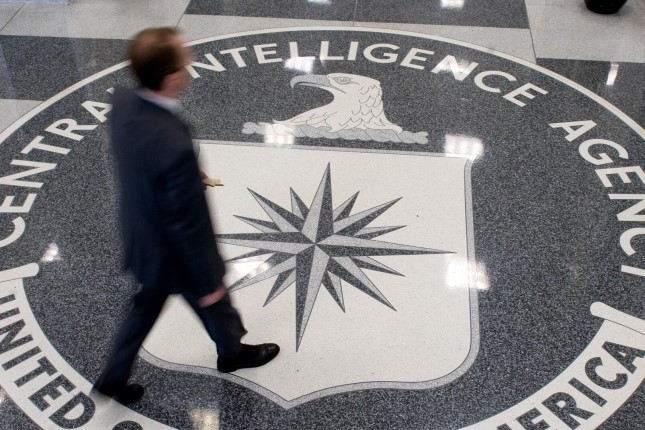Tesla CEO Elon Musk departed from Shanghai on Thursday at noon, wrapping up a 44-hour intensive trip to China that included meetings with senior Chinese officials and business representatives, and a tour of the Shanghai factory.
Musk's trip to China showed US businesses' firm confidence in the Chinese market despite "decoupling" noises from some Western politicians. The warm welcome and wide attention he got on social media showed China's welcoming attitude toward "friendly" US firms and mutual efforts to meet halfway for win-win cooperation, in sharp contrast to decoupling moves from US officials, experts said.
Musk's visit to China, his first since he visited the Shanghai Gigafactory in early 2020, also brought him back to being the world's richest man as the capital market stayed bullish on his China visit.
The Tesla CEO's net worth is now about $192 billion, compared with LVMH CEO Bernard Arnault's $187 billion, according to a Bloomberg Billionaires tally on Thursday.
On Tuesday, the first day of his visit, Tesla's stock price surged 5 percent at the opening and ended up 4.14 percent.
Making his last stop in China, Musk flew to Shanghai from Beijing and headed straight to Tesla's Shanghai Gigafactory late on Wednesday, where he thanked employees in a speech.
"Thank you for being here late at night...I just want to let you know, it warms my heart," Musk said in a video clip shared by Tesla to the Global Times on Thursday.
"The cars we produce here are not just the most efficient production but also the highest quality," Musk said.
Musk's 44-hour visit to China was met with a hearty welcome by Chinese officials and was a closely watched subject on Chinese social media.
During his stay in Beijing, Musk met with Chinese State Councilor and Foreign Minister Qin Gang on Tuesday. He also met with Chinese Commerce Minister Wang Wentao and Minister of Industry and Information Technology Jin Zhuanglong in Beijing on Wednesday.
After the meeting with Qin, Musk was said to have enjoyed dinner at a high-end restaurant in Beijing. The topic "Elon Musk taking in banquet with 16 dishes on his first night in Beijing" became a trending topic on Chinese social media Sina Weibo.
In Shanghai, Musk met with Shanghai Party chief Chen Jining on Thursday. Chen told Musk that Tesla's development in the city has been quite "fruitful," and welcomed the US giant to further expand its business and investment in China's financial hub.
The visit of Musk highlighted the importance and optimism that US companies have toward the Chinese market, Zhang Xiang, a research fellow at the Research Center of Automobile Industry Innovation of the North China University of Technology, told the Global Times on Thursday.
China's fast-growing middle class is a potential client group for Tesla and China has the world's most complete new-energy industry chain, making the Shanghai factory a reliable global export hub for Tesla, Zhang said.
China's auto market accounted for more than 30 percent of Tesla's global sales and over 20 percent of revenue in the first quarter of 2023, according to Tesla's quarterly report and industry data.
Zhang believes Musk's trip may promote the production of the updated Model 3 at the Shanghai factory, and accelerate the construction of the upcoming Tesla Shanghai energy storage Gigafactory, as well as paving the way for the launch of Full Self-Driving technology.
Other US multinational executives have beaten a path to China's door in recent days. JPMorgan Chase CEO Jamie Dimon made his first visit to China in about four years.
Chinese Vice President Han Zheng met with Ben Keswick, executive chairman of Jardine Matheson Holdings, in Beijing on Thursday, according to the Chinese Ministry of Foreign Affairs. Han told Keswick that the Chinese government supports multinationals including Jardine Matheson to better develop in the Chinese market and urged joint efforts to safeguard global industrial and supply chains.
The arrival of these foreign senior executives showed that global capital is upbeat about the development potential of China despite decoupling noises, Hu Qimu, deputy secretary general of the digital real economies integration Forum 50, told the Global Times on Thursday.
China's economic foundation, huge market space, complete industry and abundant labor all make the country lucrative for foreign investors, Hu said.
At the same time, China is stepping up efforts in providing global businesses with a better business environment with the nation's continuous high-level opening-up.
"Both sides are meeting each other halfway, leading to a win-win situation," Hu said.
China will continue to advance opening-up at a high level and create a better market-oriented, law-based, and international business environment for Tesla and other foreign companies, said Qin while meeting with Musk on Tuesday in Beijing.
Qin said that a healthy, stable and constructive China-US relationship is in the interests of both countries and the world at large, adding that such a relationship is only possible when the two sides adhere to the right direction of mutual respect, peaceful coexistence, and win-win cooperation, avoid "dangerous driving," and "step on the gas" to promote mutually beneficial cooperation.
The success of Tesla and other US-funded multinational companies in China fully demonstrates that the economy is still the cornerstone of China-US relations, and the artificial decoupling and breaking of supply chains is doomed to fail, Chen Jia, an independent research fellow on international strategy, told the Global Times on Thursday.
"It is hoped that the high-quality development of bilateral business relations at the corporate level could help US politicians see the trend and take the initiative to restore China-US relations to normal," Chen noted.
Photo: Chinese State Councilor and Foreign Minister Qin Gang (right) poses for photos with Tesla CEO Elon Musk in Beijing on May 30, 2023 © Website of China's Ministry of Foreign Affairs.
Source: The Global Times.
